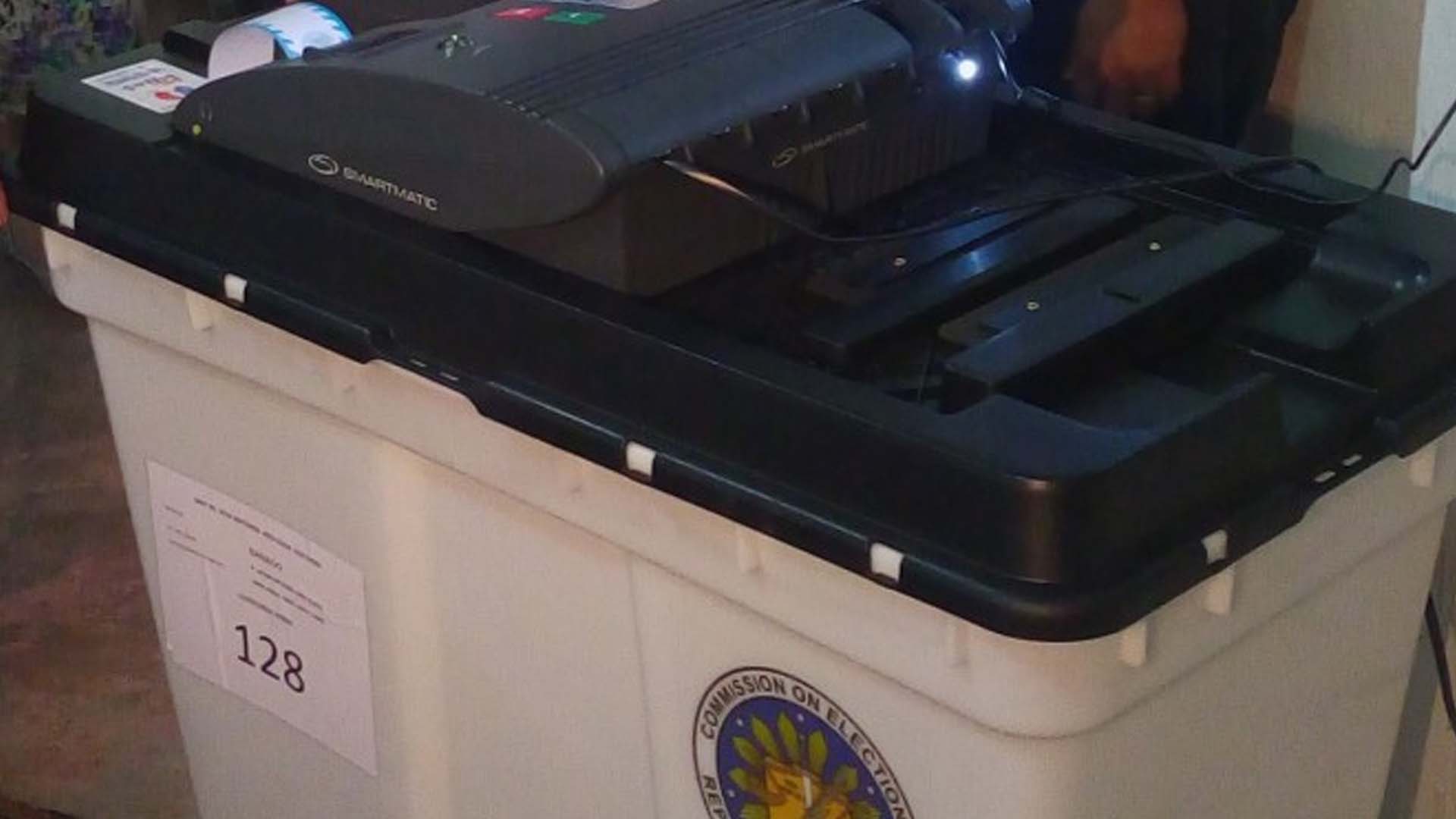A lawmaker on Thursday filed a measure allowing overseas Filipino workers (OFWs) and seafarers to register, receive ballots and cast their votes through available electronic means.
In filing House Bill 6770, OFW Party List Rep. Marissa Magsino said there is a need to amend the existing law by expanding voting methods to prevent voting disenfranchisement of around 1.83 million OFWs and to further encourage them to exercise their right of suffrage.
Citing the Office of the Overseas Voting (OOV) of the Commission on Elections (Comelec), she said only 472,559 actually voted out of a total 1.69 million registered overseas voters, or a turn-out of 27.87 percent in the 2022 national and local elections.
The bill seeks to amend Republic Act 9189, otherwise known as the ‘Overseas Absentee Voting Act of 2003’, as amended by Republic Act No. 10590, otherwise known as the ‘Overseas Voting Act of 2013’.
“There is no accommodation in the law that allows our OFWs or seafarers to vote if they cannot go to these diplomatic posts abroad when they are on-board a vessel or on the high seas, or restricted by the circumstances of their work,” she said.
The proposed measure would allow electronic voting for overseas Filipino workers and this mode may include electronic mail, web-based portals and other internet-based technologies.
Magsino noted that electronic voting in other countries is allowed for some sectors stationed overseas, particularly uniformed personnel and their families via email, fax, or via internet-voting platforms.
“Voting, or the right of suffrage, is an essential element of democracy. It is the power of the people to choose their officials as their representatives to whom they entrust the exercise of the powers of government. This should be made widely accessible to all OFWs, especially since we tout them as the modern heroes who bring in more than USD34.9 billion of remittances to the country,” she said.
She said even with the passage of the amendatory law in 2013, the voting methods remain limited for OFWs, particularly for Filipino seafarers, considering the unique nature of their work.
She pointed out that OFWs can only vote either in person or postal voting in any Philippine embassy, consulate, or foreign service establishment of the country located or near any foreign seaport, or their place of work as the case may be, where they may happen to be during election periods.
“The gaps in the existing laws and regulations on overseas absentee voting must be addressed to allow OFWs and OFs (overseas Filipinos) to fully participate in our elections, thereby enabling them to effectively exercise one of the key attributes of their Filipino citizenship – the right to choose their leaders,” she said.
The measure would provide mechanisms that will further enhance existing methods and procedures of absentee voting of OFWs and OFs while protecting the sanctity of their votes.
The proposed modes include postal voting, wherein mailing packets containing official ballots and other election paraphernalia are sent by the Commission directly to the voters or to the posts and sent back after voting to election officers by mail; and seafarer voting by which ship officers and rating manning ships, including offshore workers, service providers and fishermen, who are registered overseas workers, may cast their ballots during the voting period through postal or electronic means. (PNA)







